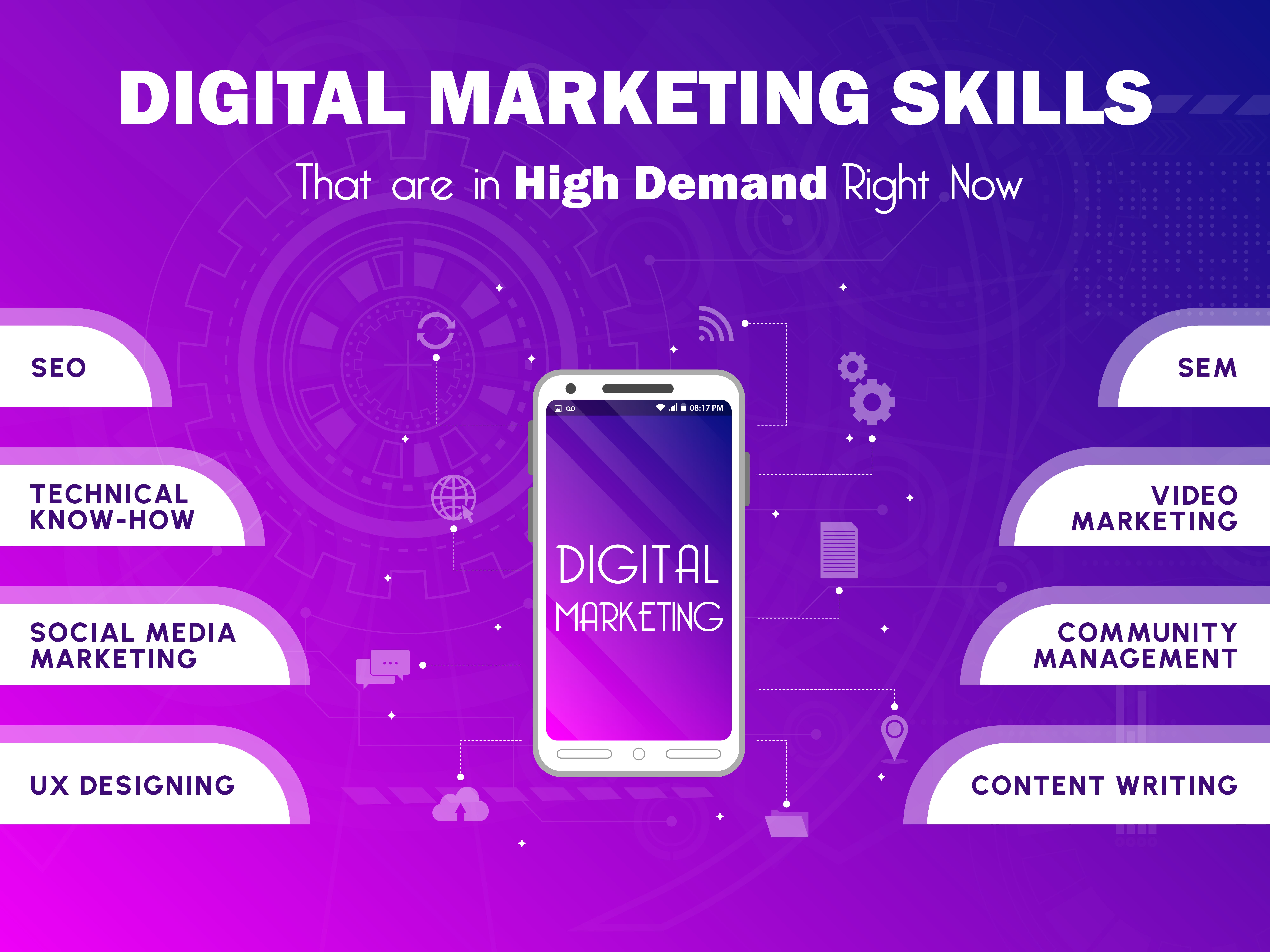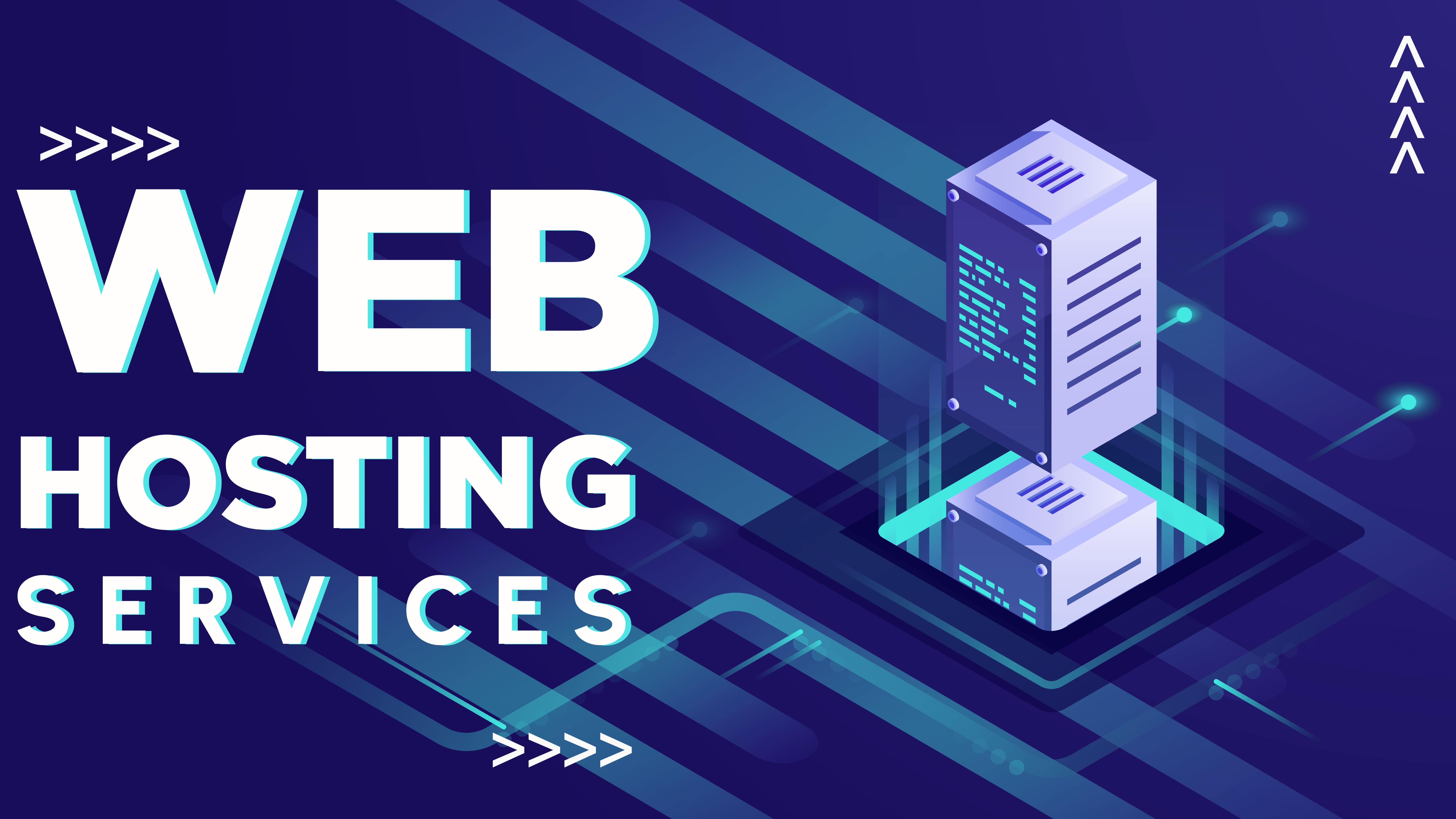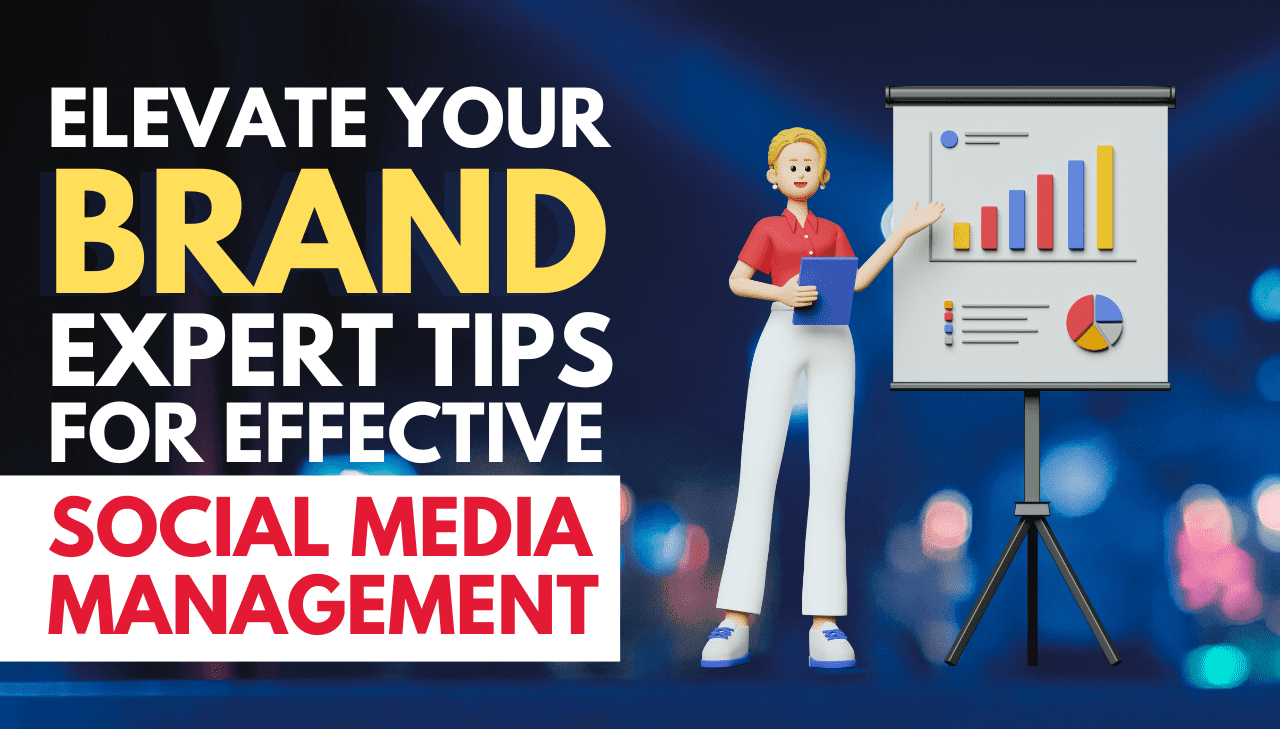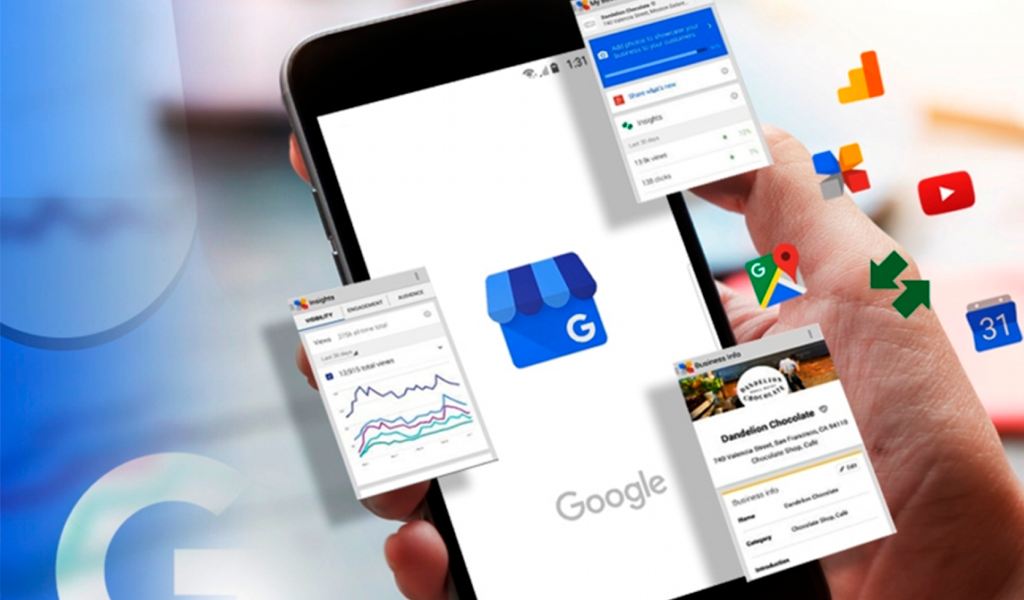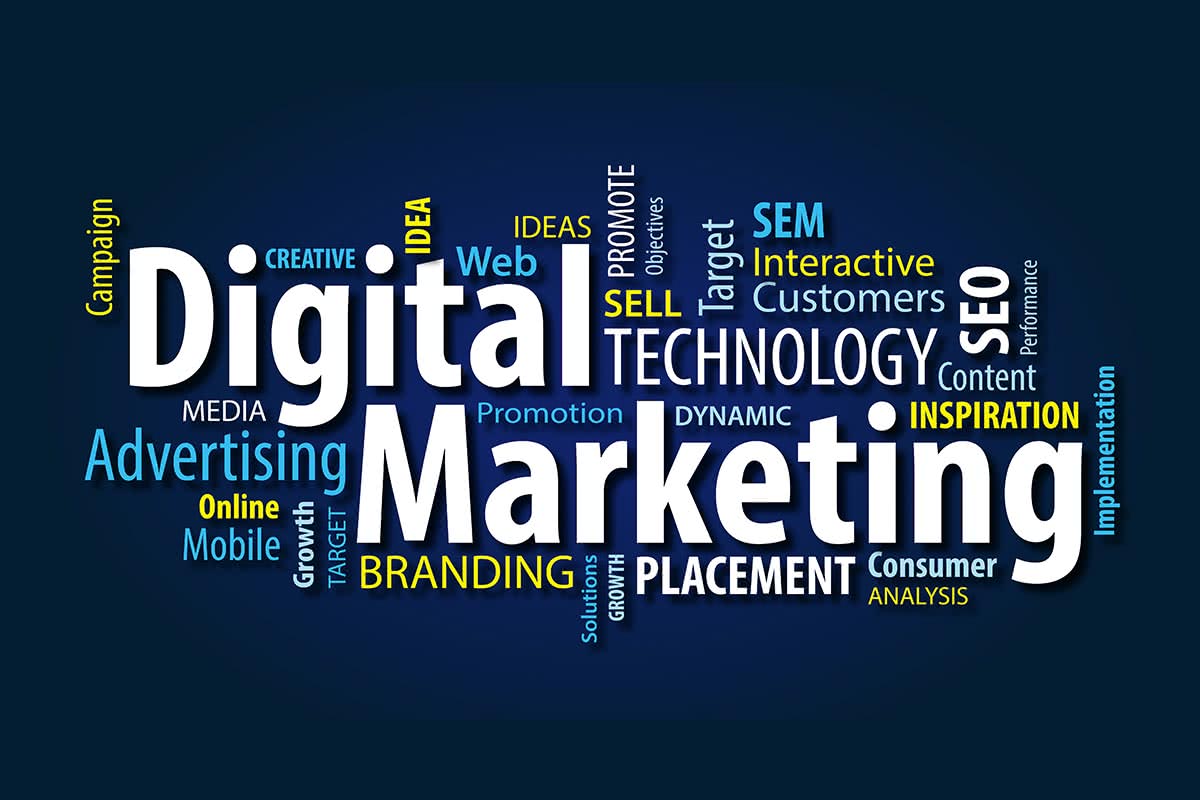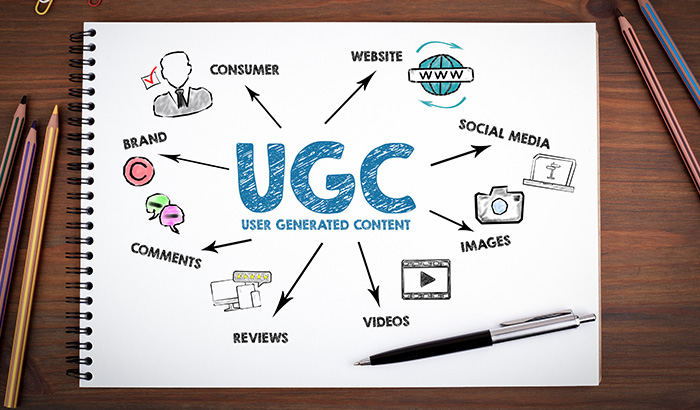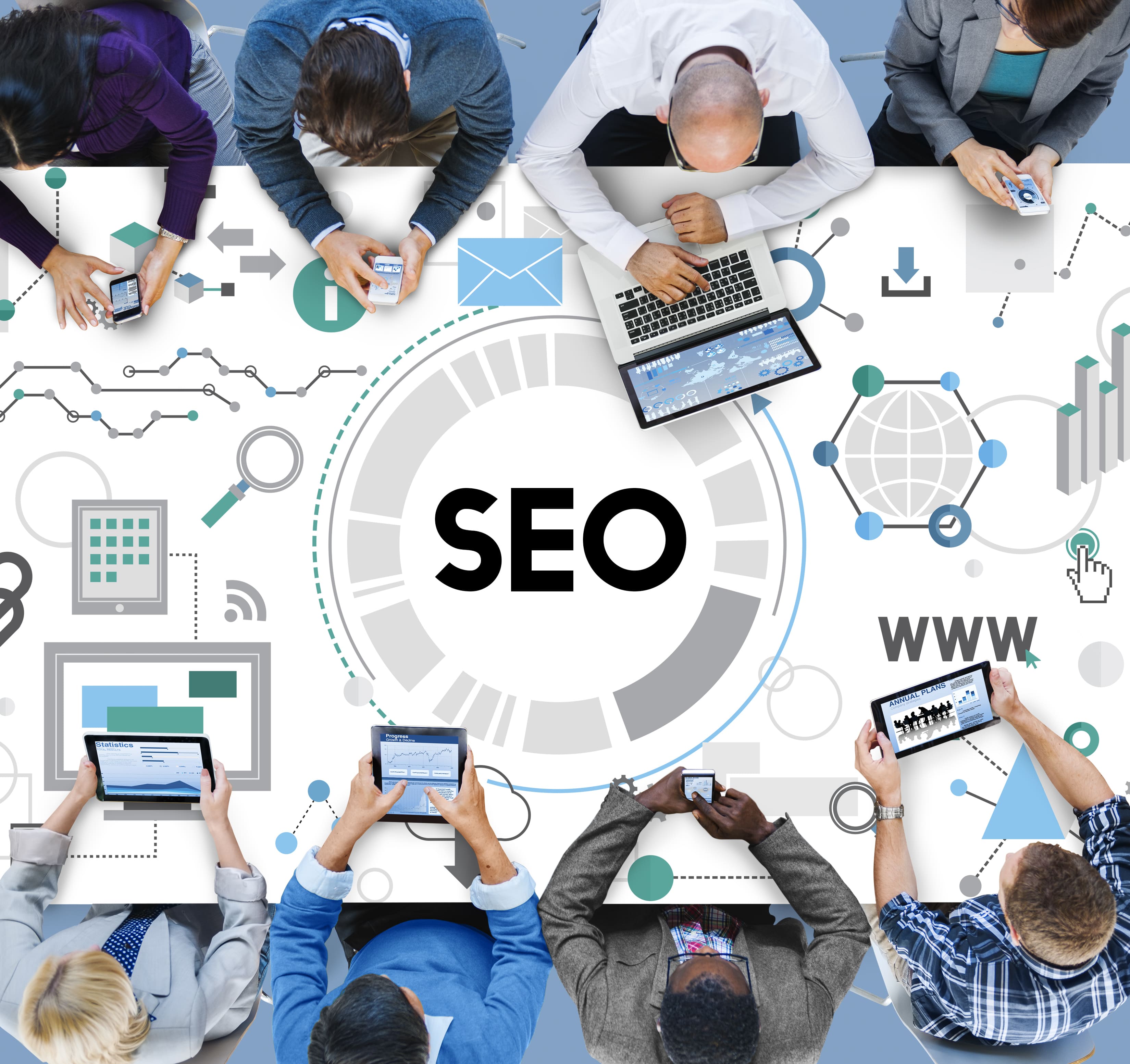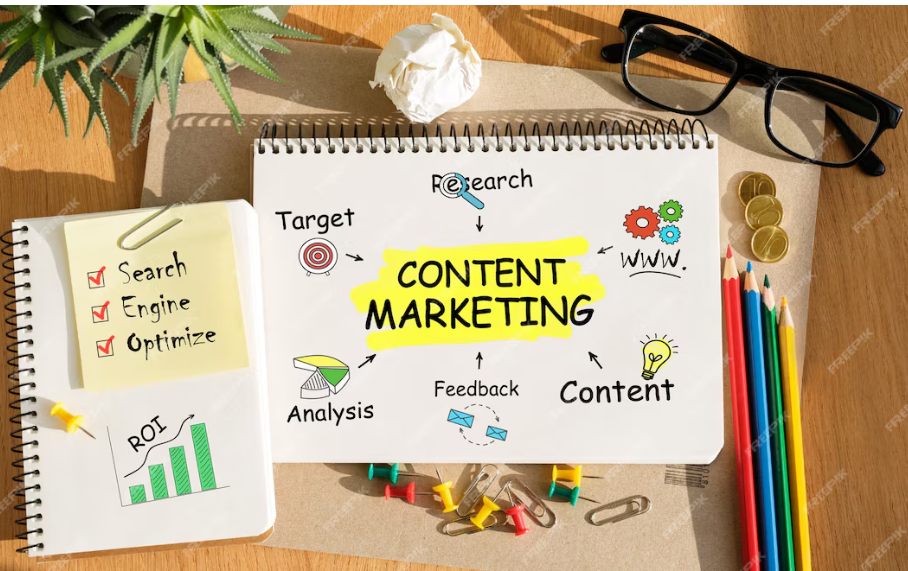Query Form
Query Form
How Social Media Management Drives Business Growth for Digital Marketing Agencies

#1. What is How Social Media Management Drives Business Growth for Digital Marketing Agencies
Social media has emerged as the key to online interaction and company expansion in today's digitally revolutionized environment. In addition to providing clients with services, social media management (SMM) is a vital tactic for digital marketing firms looking to increase their presence in the cutthroat industry. With the aid of effective SMM, agencies may create leads, cultivate client connections, and establish brand authority. Here are some ways that digital marketing organizations can increase their businesses through social media management.
1. Establishing Brand Authority:
In the crowded marketplace of digital marketing, standing out as a thought leader is crucial. Social media platforms such as LinkedIn, Instagram, Twitter, and Facebook offer unique opportunities to showcase expertise.
- Sharing Insights: Agencies can share industry trends, case studies, and success stories, positioning themselves as authorities in their field. For instance, an agency specializing in SEO can regularly post updates on algorithm changes and their implications.
- Visual Content: Eye-catching graphics, infographics, and videos can amplify the impact of posts. Platforms like Instagram and TikTok are ideal for visual storytelling, helping agencies highlight their creativity.
- Engaging Content: Hosting webinars, live Q&A sessions, or Twitter Spaces allows agencies to connect with their audience directly, fostering trust and authority.
By maintaining a consistent presence and delivering value-driven content, agencies can solidify their reputation as trusted experts.
2. Building a Loyal Audience:
Social media platforms are a goldmine for audience building. An agency with a loyal online community is better positioned to attract and retain clients.
- Content Personalization: Tailoring content to address the specific needs of a target audience fosters a sense of connection. Agencies can segment their audience based on industry, interests, or demographics and create relevant posts.
- Engagement Strategies: Actively responding to comments, engaging in discussions, and using interactive tools like polls and quizzes can help agencies foster meaningful relationships.
- User-Generated Content (UGC): Encouraging clients to share their experiences and tagging the agency can create a ripple effect, drawing in new followers and building credibility.
A loyal audience acts as an organic promotional tool, sharing content and amplifying reach without additional costs.
3. Driving Website Traffic and Lead Generation:
One of the primary goals of social media management is to direct traffic to the agency's website, where potential clients can explore services, read case studies, or contact the agency.
- Call-to-Actions (CTAs): Strategically placed CTAs in posts, such as “Learn More,” “Download Our Guide,” or “Contact Us,” encourage users to visit the agency’s website.
- Content Marketing Integration: Sharing blog posts, whitepapers, and other gated content on social media not only establishes authority but also captures leads.
- Paid Campaigns: Platforms like Facebook and LinkedIn offer robust advertising tools to target specific audiences with tailored messages, ensuring a steady stream of high-quality leads.
By integrating SMM with broader digital marketing efforts, agencies can create a seamless funnel from social media engagement to lead conversion.
4. Showcasing Client Success Stories:
Digital marketing agencies thrive on trust, and nothing builds trust better than proven results. Social media is the perfect platform to share success stories and testimonials.
- Case Study Highlights: Short, engaging posts summarizing the challenges faced by a client, the strategies implemented, and the results achieved can captivate prospective clients.
- Video Testimonials: Video content is more engaging than text. Agencies can share client testimonials in a visually appealing format, boosting authenticity.
- Before-and-After Campaigns: Visualizing the impact of campaigns, such as increased traffic, sales, or engagement metrics, creates a powerful narrative.
Such content not only builds credibility but also attracts businesses looking for similar results.
5. Enhancing Client Retention:
Social media is not only about acquiring new clients; it’s also a valuable tool for nurturing existing relationships.
- Regular Updates: Keeping clients informed about the progress of their campaigns through social media updates demonstrates transparency.
- Celebrating Milestones: Agencies can celebrate client achievements, such as reaching a follower milestone or launching a successful campaign, by sharing the news online.
- Exclusive Content: Offering clients exclusive tips, trends, or insights through private groups or direct messages fosters loyalty.
Satisfied clients are more likely to renew contracts and recommend the agency to others, creating a cycle of growth.
6. Keeping Up with Industry Trends:
The digital marketing landscape is constantly evolving, and social media is often the first place where new trends emerge. Agencies can use SMM to stay ahead of the curve.
- Monitoring Trends: Platforms like Twitter and LinkedIn are excellent for following industry leaders and hashtags to stay updated on the latest developments.
- Experimenting with Formats: Testing new content formats, such as Reels or Stories, allows agencies to discover innovative ways to engage their audience.
- Competitor Analysis: Social media provides a window into competitor strategies, helping agencies refine their approach.
By remaining agile and innovative, agencies can position themselves as forward-thinking and adaptive.
7. Cost-Effective Marketing:
For digital marketing agencies, social media management offers an affordable way to promote their services compared to traditional advertising.
- Organic Reach: By optimizing posts for engagement, agencies can achieve significant visibility without spending on ads.
- Targeted Ads: Even with a modest budget, platforms like Facebook and LinkedIn allow for highly targeted campaigns that deliver excellent ROI.
- Analytics and Optimization: The ability to track performance in real-time ensures that campaigns can be adjusted for maximum efficiency, minimizing wasted resources.
This cost-effectiveness is particularly beneficial for smaller agencies looking to scale their operations.
8. Leveraging Influencer Partnerships:
Influencer marketing isn't just for e-commerce brands. Digital marketing agencies can also benefit from partnering with influencers.
- Collaborations with Industry Experts: Partnering with thought leaders to co-create content or host webinars can amplify reach.
- Testimonials from Influencers: Having an influencer endorse the agency’s services adds a layer of trust and credibility.
- Employee Advocacy: Encouraging employees to share agency content on their profiles expands the agency’s reach organically.
Such partnerships help agencies tap into new audiences and establish themselves as trusted brands.
9. Showcasing Agency Culture:
Social media is not just about services; it's also a platform to humanize the brand. Showcasing agency culture can make the business relatable and appealing.
- Behind-the-Scenes Content: Sharing glimpses of brainstorming sessions, team outings, or office celebrations helps build a connection with the audience.
- Employee Spotlights: Highlighting the contributions of team members demonstrates the agency's commitment to its workforce.
- Community Involvement: Sharing posts about charitable activities or local events showcases the agency's values.
An engaging social media presence can attract both clients and talented professionals looking to join the agency.
10. Measuring Success Through Analytics:
Finally, the effectiveness of social media management lies in its measurable outcomes. Using analytics tools, agencies can track performance and refine strategies.
- Engagement Metrics: Likes, shares, comments, and follower growth indicate the level of audience interaction.
- Website Traffic: Tracking the number of visitors coming from social media reveals the success of CTAs and campaigns.
- Lead Conversion Rates: Analyzing how many leads generated through social media convert into clients helps measure ROI.
Regularly reviewing these metrics ensures that the agency’s SMM efforts are aligned with its business goals.
Conclusion
Social media management is more than just posting content; it’s a strategic tool that digital marketing agencies can use to drive business growth. By building brand authority, generating leads, retaining clients, and staying ahead of trends, agencies can position themselves as indispensable partners to their clients.
In an era where digital engagement is paramount, mastering the art of social media management is not just an option—it’s a necessity. For agencies looking to thrive in the competitive landscape, leveraging SMM effectively can unlock unparalleled opportunities for success.
Query Form
Follow Up on Social Media for Daily New Search Engine Update
Subscribe to Get the Latest Updates on the Search Engine World and How We Can Help Your Business
Note: Please enter a valid email id
Let’s Get to Talkin’
Support
Mail us for:
Complaint/Suggestion
Call Us
+91 9992229755
+91 98759 29761
Our Trusted Partners

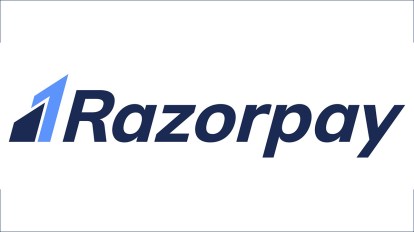
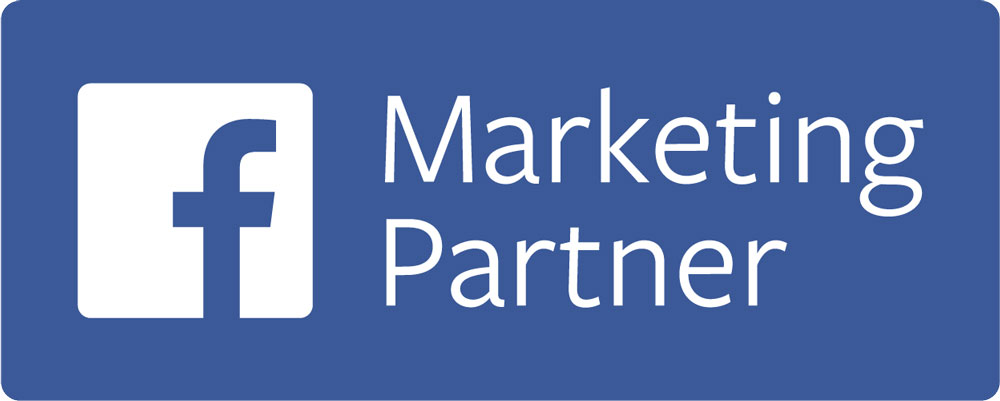
Useful link:




